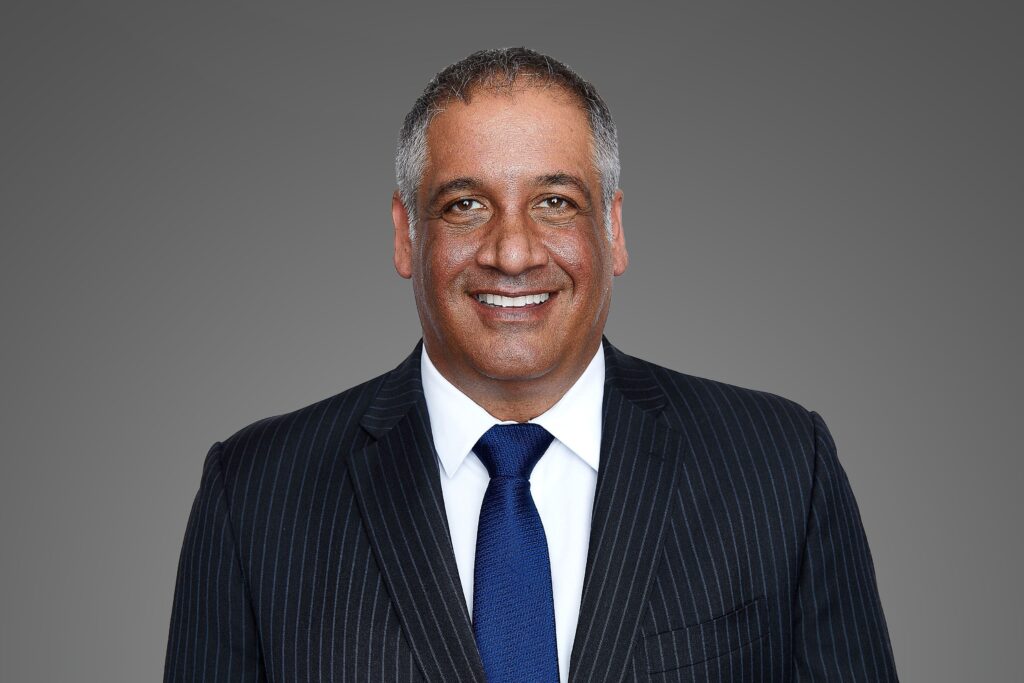Around 13.6 million custodial single parents live in the US, and roughly half of them have a legal or informal child support agreement in place. The amount awarded for child support payments vary, but the average is about $5,760 per month. The purpose of child support is to help the custodial parent provide the child with food, shelter, clothing, medicine, and education.
Some non-custodial parents have asked Haffner Law’s attorneys whether or not their personal injury settlement awards can be affected by child support responsibilities. If they were given financial compensation due to personal injury, would their legal obligation to pay child support require that they give up a percentage of the money?
The answer depends on the parent’s child support payment history.
Defining Child Support Arrears and Liens
When a parent is obligated to pay child support but has not provided the required amount, the owed money is referred to as child support arrears. The parent may have missed one or more child support payments, and with every missed payment, the debt increases.
The child’s custodial parent can place a lien on the other parent’s finances. A lien is an asserted claim on the other parent’s property or finances until the outstanding debt is paid. In some instances, when multiple payments have been missed, the state has the power to place a lien on behalf of the child’s custodial parent.
How It Works
For example, you have been obligated by the state to pay a sum of $5,000 a month to custodial Parent B as child support. However, you have missed three months of payments. This brings your outstanding child support arrears to $15,000.
However, you have recently been in a workplace-related accident. You settled with your employer and were awarded a personal injury settlement of $20,000 for medical expenses. But because you owe multiple months of child support payments, the state, on behalf of Parent B, can place a lien on your settlement.
The state can then force you to pay your outstanding child support debt through the lien. The state will notify both you and your insurance provider, and your respective legal representatives will discuss and arrange the payments.
What happens next is determined by the state’s policies. The court may decide to:
- Determine a specific minimum amount for you to receive for medical and legal expenses before the rest goes to paying off the child support arrears. Using the previous example, the court may decide to give you $10,000 for medical and legal expenses, while the remaining $10,000 goes toward paying off the child support owed.
- Deduct the total cost of the arrears from the settlement amount before releasing the rest of the money to you. This means the court will take the outstanding arrears of $15,000 out of the settlement and release only $5,000 to you.
Whichever way it goes, you will still get medical and legal expenses paid out of the settlement. However, part of it will go toward paying off your child support debt.
Discuss Your Options Thoroughly with a Personal Injury Lawyer
It is legal for the state to place a lien on your injury settlement. However, you must consult with a personal injury attorney to thoroughly discuss your options and help you negotiate how much money you’ll receive out of the settlement. This way, you will be able to receive a good amount of money to help you with your medical and legal expenses while still paying off your child support obligations.
Haffner Law’s personal injury attorneys have extensive experience negotiating settlement terms for clients. Additionally, they have provided legal counsel to individuals whose personal injury awards are at risk of being garnished to settle child support debt. Learn how we can help you get the most out of your settlement—contact us today for a free consultation, or read the legal resources on personal injury cases we have available.








